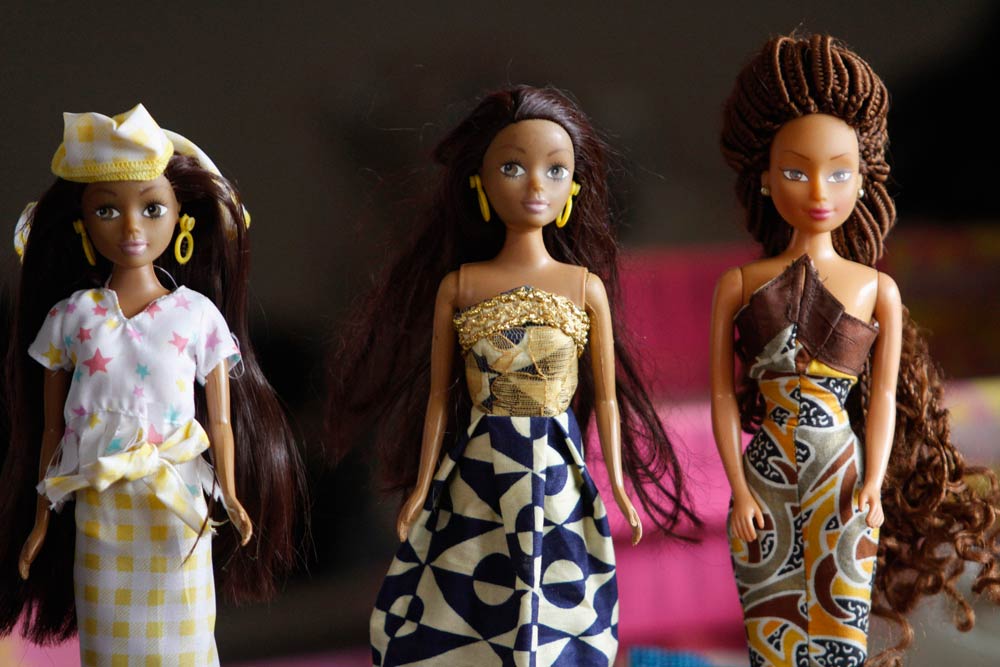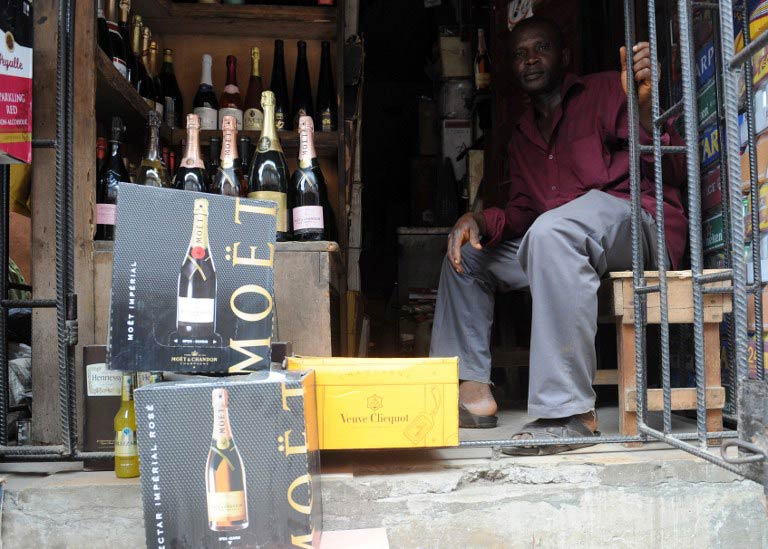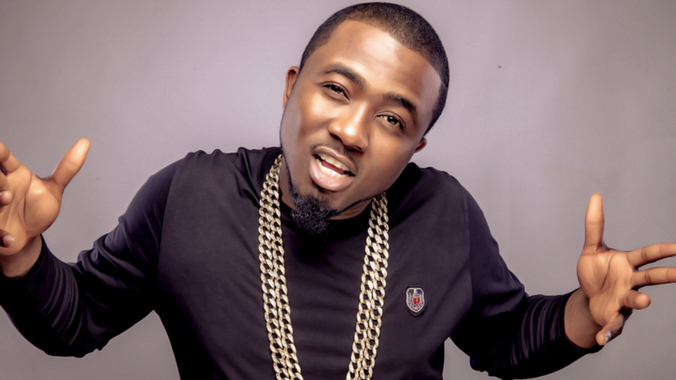Ochuko Oghuvwu is surprisingly chirpy for a man who spends upwards of 30 hours a week in his car, commuting to and from his office in Nigeria’s financial hub, Lagos.
Then again, he has just started the working week after two whole days without having to battle giant pot-holes, monster traffic jams, roadworks, irate drivers and police checkpoints.
Oghuvwu’s stockbroking firm in the Ikoyi area of Lagos is only about 32 kilometres from his home in Ojo, due west towards the border with neighbouring Benin.
The drive to the office should only take 45 minutes to one hour.
But those days are as rare in Lagos as 24 hours of uninterrupted electricity from the national grid.
Instead, the trip normally takes him three hours – even longer in the June to September rainy season – despite him being behind the wheel from 5:30 am.
“I wake up early to beat the major traffic,” he told AFP.
“Those that wake up later end up spending more time. On a day like a Monday, if you leave the house at 6:30 am, you spend more than four hours in the car.”
Oghuvwu, a marketing executive in his early 40s, is far from a rare breed in Nigeria’s biggest city.
Hundreds of thousands of people like him also spend nearly as much time commuting as the statutory working week in countries such as France.
He could even be considered a late riser. Others who live nearby set off a full hour earlier to beat the infamous “go-slows”, as local call traffic jams.
“We get exhausted. We’re always tired. For somebody in my position, I just lock the door of the office and have a little nap for 20 to 30 minutes,” he said.
The time spent crawling bumper to bumper with other cars, motorbikes and battered yellow taxis, packed buses and overloaded trucks has taken its toll on his Volvo S90.
The constant stop-start means brake pads need checking every other month and the services of panel beaters to smooth out the inevitable dents and scrapes from the quest to keep moving.
But the gruelling commute has also affected his social life and the amount of time he spends with his family.
Ughuvwu’s children, aged between six and 14, are usually asleep when he leaves the house and when he returns.
“At the weekend I don’t go out,” he added. “I mainly stay at home. I don’t want to face the traffic. It’s ruined my social life.”

Officially, Lagos is said to be home to some 12 million people.
But many estimates put the figure at about 21 million, in a city spread over 910 square kilometres.
New arrivals hunting a slice of Nigeria’s economic growth heap pressure on the already creaking infrastructure. Land shortages and a lack of housing has pushed up real estate and rental prices.
Fuel subsidies and cheap, second-hand cars often imported from Europe have put more vehicles on the road.
As a result, a long commute is a necessary evil for all but the wealthiest.
The managing director of the Lagos Metropolitan Area Transport Authority (Lamata), Dayo Mobereola, admits they need to act now to prevent total gridlock.
“This problem has been going on for almost 40 years,” he said.
“We’ve started addressing it over the last five years and we have a roadmap now to address the issues as they are today and also to plan for the future as well.
“If we don’t do anything then in the next five years there’s almost going to be a stand-still.”
Master plan
Lamata’s $20 billion, 30-year master plan is based around integrated public transport.
Its proposals for nine designated bus lanes and seven suburban train lines, built with Chinese money, are designed to get people out of their cars.
Slum clearance is essential, although campaign groups claim that residents are given little or no warning that their homes are earmarked for demolition and no compensation afterwards.
Work has slowed because of legal disputes, while some slum dwellers move on and set up home elsewhere, to be cleared another day.
More affordable accommodation within Lagos would help cut commuting times, suggested Oghuvwu, as prices where he lives are nearly two-thirds cheaper than in the city.
Water taxis along Nigeria’s southern, Atlantic coast and the lagoons that stretch around the city could also help tackle the gridlock.
Failing that, businesses could relocate from the traditional trading hubs of Lagos Island, Ikoyi and Victoria Island to the suburbs, he added.
For now, though, his life – and everyone else’s – is dictated by traffic.
In the afternoons, many workers are out of the office door and on their way home as soon as the clock chimes four, car radios tuned to Lagos Traffic Radio 96.1 FM to hear about tailbacks and accidents.
Oghuvwu himself usually leaves about 4:30 pm – and he’s all too aware of the consequences.
“That extra 30 minutes costs me an additional one hour on the road,” he said.








